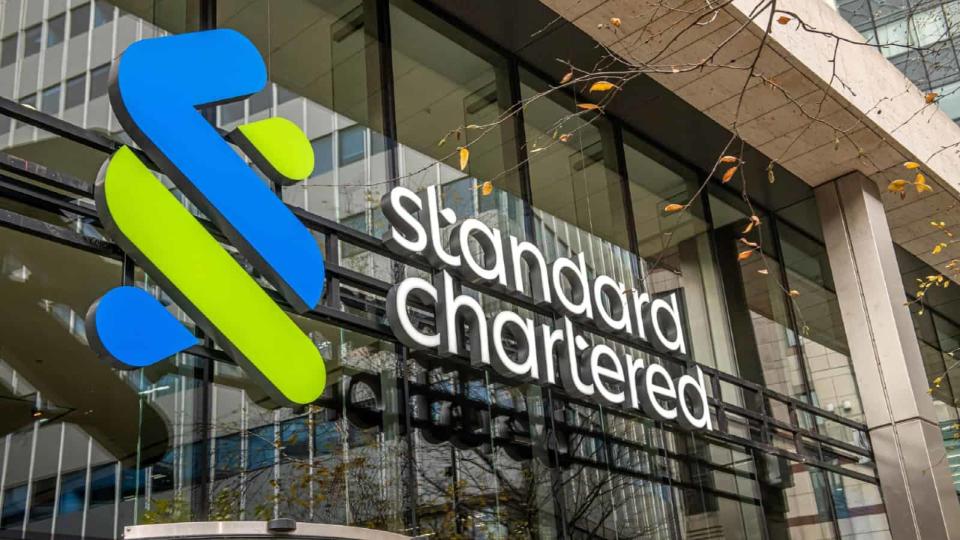Am I missing out by not buying FTSE bank gem Standard Chartered?

FTSE 100 bank Standard Chartered (LSE: STAN) is currently trading around 12-month highs.
Some investors might now feel compelled to jump on the bandwagon for fear of missing out on further price rises. Others might think its price rise means it is already too expensive for them and avoid it.
For me, neither view is looking at the shares in a way that is beneficial to making money long term. The key pricing consideration for any share is: does it have value at the current level?
In my view, if the answer is ‘yes’ then it might be worth buying, depending on other considerations. If the answer is ‘no’, then I will not buy it, regardless of other factors.
Is there value left in the bank?
Key to this is understanding that just because a share has risen in price does not automatically make it overvalued.
It can simply reflect that the company is worth more now than it was before. Or it can be that the market is just playing catch-up on value it did not adequately factor in earlier.
In either event, the share could be worth even more than the higher price reflects.
In Standard Chartered’s case, it currently trades on the key price-to-book (P/B) valuation measurement at 0.5. This is cheap compared to the 0.7 average of its UK peer group.
But how cheap exactly? A discounted cash flow analysis using other analysts’ figures and my own shows it to be around 61% undervalued now.
Therefore, a fair value would be around £19.92, compared to the current £7.77.
This does not guarantee it will reach that price, but it underlines to me how undervalued it looks.
Set for growth?
The key risk for Standard Chartered is declining net interest margins (NIM) as rates fall in the country. The NIM is the difference between the interest it receives on loans and the rate it pays for deposits.
However, its Q1 2024 results release on 2 May showed that its NIM was actually up 0.06% quarter on quarter. Overall, net interest income increased 5% — to $2.4bn, ahead of consensus analysts’ expectations.
Operating income also exceeded estimates, rising 17% — to $5.2bn. So did the pre-tax profit of $1.91bn (a jump of 5.9%) and the 5% rise in net profit (to $1.22bn).
Consensus analysts’ expectations now are for earnings and revenue to rise by 9.2% and 5.2% a year respectively to end-2026.
Am I missing out by not buying it?
I already hold shares in HSBC and NatWest, so more bank holdings would unbalance my portfolio.
Additionally, aside from a handful of legacy growth shares in my holdings, I now only invest in shares yielding 7%+.
This is because I am over 50 and looking to maximise dividend income so I can reduce my working commitments. Standard Chartered currently has a dividend yield of around 2.8%.
However, if I were at an earlier stage in my investment journey, I would buy the shares now.
They look extremely undervalued to me and appear set for strong growth in the years to come. I also think continued high earnings will power increases in dividend payments in the coming years.
The post Am I missing out by not buying FTSE bank gem Standard Chartered? appeared first on The Motley Fool UK.
More reading
HSBC Holdings is an advertising partner of The Ascent, a Motley Fool company. Simon Watkins has positions in HSBC Holdings and NatWest Group Plc. The Motley Fool UK has recommended HSBC Holdings and Standard Chartered Plc. Views expressed on the companies mentioned in this article are those of the writer and therefore may differ from the official recommendations we make in our subscription services such as Share Advisor, Hidden Winners and Pro. Here at The Motley Fool we believe that considering a diverse range of insights makes us better investors.
Motley Fool UK 2024

 Yahoo Finance
Yahoo Finance 